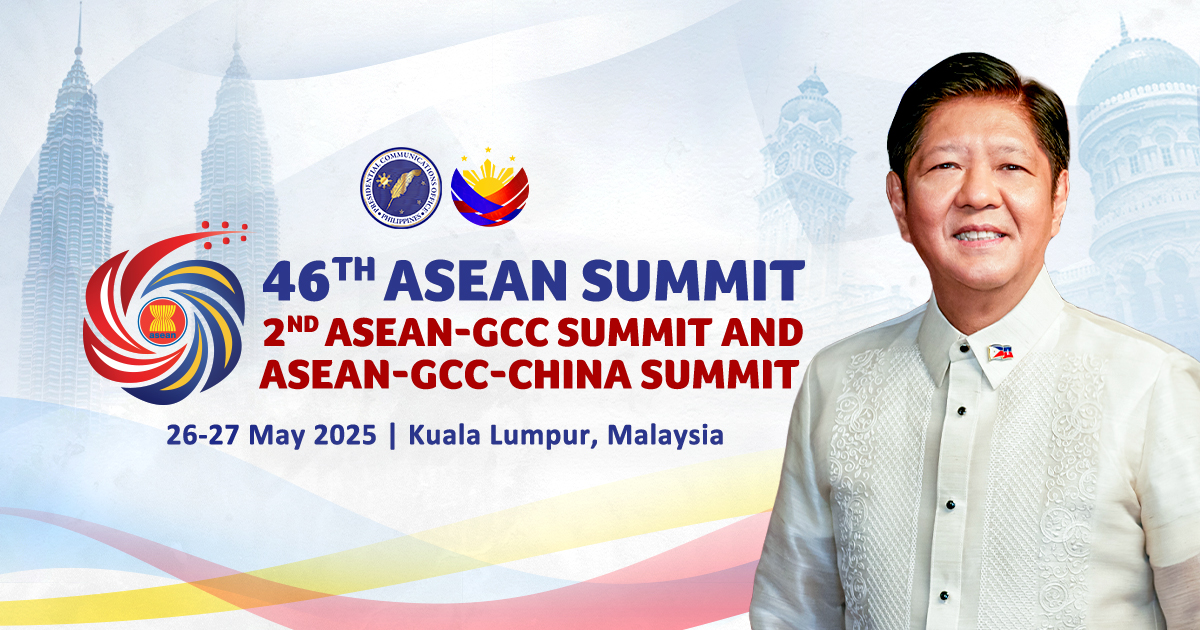The Presidential Communications Operations Office (PCOO) on Thursday, June 15, brought together Freedom of Information (FOI) decision-makers and receiving officers of various government agencies for the first FOI conference held in Quezon City.
Co-organized with the Department of Information and Communications Technology (DICT), the conference was dubbed “#FOIKnowMore: Moving Towards Enhanced Standard of Transparency.” It provided stakeholders a commonplace to discuss the FOI’s first six months of implementation, talk about international best practices, and facilitate feedback on the program.
PCOO’s FOI Program has under its umbrella the FOI Manuals of the 22 departments, 131 national government agencies, 39 GOCCs (Government-Owned or Controlled Corporations), and four SUCs (State Universities and Colleges). These agencies have complied with the Executive Order (EO) through having their Agency Manual and People’s Manual submitted to the PCOO, the office in-charge with the implementation of the EO, as mandated by Memorandum Order No. 10.
By 2018, the PCOO envisions that all government agencies, encompassing all branches, have submitted their FOI manuals and are already on board the eFOI portal for the complete access of the public.
To date, 82 percent of those agencies who submitted their FOI Manuals adopted the PCOO’s model manual. From 15 pilot agencies in November 2016, there are now 108 national government agencies onboard eFOI.
Meanwhile, most agencies adopted a single-layer process flow, where agencies designate a receiving officer to receive FOI requests who will in turn submit the request to the decision maker, which is in contrast to a multi-layer process flow that requires several approving officers.
The FOI Conference also held three plenary sessions to tackle the implementation of various initiatives on transparency, accountability, and citizen participation.
Plenary 1, moderated by Philippine Center for Investigative Journalism (PCIJ) executive director Malou Mangahas, aimed its discussion on the first six months of the FOI implementation. Top implementing agencies, such as the Department of Justice, Philippine Statistics Authority, and Asian Development Bank, shared their best practices, challenges faced, and lessons learned.
Plenary 2, moderated by Associate Professor Erwin Alampay of the University of the Philippines – National College of Public Administration and Governance, established the critical role of information management in implementing the FOI Program.
Plenary 3, on the other hand, discoursed on the various performance monitoring and evaluation strategies of the Duterte administration that promote transparency, accountability, and citizen engagement. The session was presided by Maria Lorelei Fajardo, an outreach specialist at the USAid – Facilitating Public Investment Project.
Other speakers at the conference included National Economic and Development Authority (NEDA) Director-General and Socioeconomic Planning Secretary Ernesto Pernia, Office of the President Senior Deputy Executive Secretary Menardo Guevarra, Department of Budget and Management (DBM) Undersecretary Lilia Guillermo, Philippine Statistics Authority (PSA) National Statistician Lisa Grace Bersales, National Privacy Commission (NPC) Commissioner Raymund Liboro, National Archives of the Philippines Executive Director Victorino Manalo, and Congressman Antonio Tinio, Vice Chair of the Committee on Public Information in the House of Representatives.
350 delegates from different government agencies, civil society groups, and media outfits attended the conference.
The Executive Branch has been enjoining the Legislative Branch to pass the FOI Bill into a law, and calling on the citizenry, the media, and the civil society to support its enactment. ###PCO-Content



















